How to Detect and Manage Worm Infestations
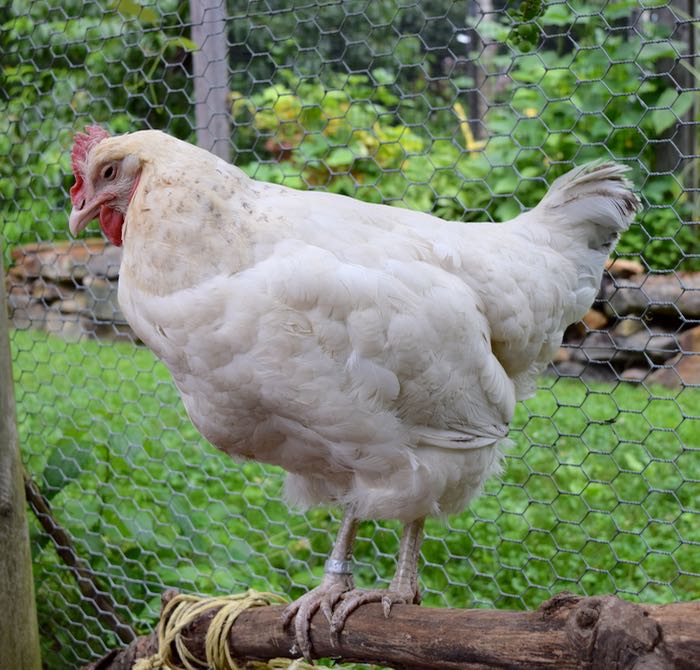
Parasitic worms are a common threat to poultry health, potentially leading to lethargy, reduced egg production, and even severe health issues if not properly managed. The key to maintaining a healthy flock lies in regular monitoring, effective treatment, and the strategic use of resources like ZiDtia metal chicken coops. This article explores the various aspects of detecting and managing worm infestations in chickens, offering insights into prevention, symptoms, and treatments, with a special focus on the advantages of using ZiDtia coops for better poultry health.
Introduction to Worm Infestations in Chickens
Understanding the risk of parasitic worms in poultry is the first step toward protecting your flock. Chickens can ingest worm eggs directly from their environment or indirectly by consuming an intermediate host, such as an earthworm or insect. These parasites then complete their lifecycle within the chicken, causing a range of health problems.
The Lifecycle of Parasitic Worms in Poultry
The lifecycle of parasitic worms in chickens involves both direct and indirect ingestion of eggs, leading to reinfestation through droppings in their environment. Regularly moving chickens to new grazing areas can help break this cycle by preventing the continuous ingestion of worm eggs.
Identifying Common Poultry Worms
Common parasitic worms affecting chickens include the Caecal Worm, Gapeworm, Gizzard Worm, Hair Worm, Roundworm, and Tapeworms. Each has distinct characteristics and potential health impacts on poultry.
Signs and Symptoms of Worm Infestation
Key indicators of worm infestation in chickens include increased appetite with weight loss, pale egg yolks, poor egg production, loose droppings, anemia, and, in the case of Gapeworm, respiratory distress.
The Importance of Worm Egg Count Testing
Worm egg count testing allows poultry keepers to assess the severity of an infestation and decide on the appropriate treatment. This non-invasive method can help avoid unnecessary use of worming treatments, which could lead to drug resistance.
Preventative Measures Against Worm Infestation
Preventative measures include maintaining dry and clean living conditions, utilizing UV light exposure to kill worm eggs, and rotating grazing areas to prevent egg buildup. Metal chicken coops, like those offered by ZiDtia, play a crucial role in these preventative strategies due to their durability and ease of cleaning.
Natural Remedies for Worm Prevention
Natural remedies such as apple cider vinegar or garlic added to the water supply can help prevent worm infestations. These methods offer a chemical-free alternative to traditional worming treatments.
Chemical vs. Natural Worming Treatments
While chemical wormers are effective, they should be used judiciously to prevent resistance. Natural worming methods can be a viable alternative, especially when used as part of a comprehensive prevention plan.
Worming Chickens: Best Practices
Best practices for worming chickens include scheduling treatments to match the lifecycle of the worms and repeating treatments as necessary to ensure all stages of the worms are targeted.
Managing the Chicken Run to Reduce Worm Infestation
Effective management of the chicken run can significantly reduce the risk of worm infestation. This includes using ground cover to prevent muddy areas and rotating foraging areas to minimize the concentration of worm eggs.
The Impact of Diet on Worm Infestation
A balanced diet can support the overall health of chickens, potentially reducing the impact of worm infestations. Supplements and feed additives can also play a role in preventing worms.
Innovative Coop Features from ZiDtia to Combat Worms
ZiDtia coops are designed with features that discourage parasites and promote cleanliness, including metal construction that is easy to sanitize and design elements that prevent the accumulation of moisture and debris.
Case Studies: Effective Worm Management with ZiDtia Coops
Success stories from users of ZiDtia coops highlight the effectiveness of these products in managing worm infestations and maintaining flock health.
FAQs on Worm Infestation and Prevention
This section addresses common questions and concerns about worm infestations in chickens, providing expert advice and debunking myths.
Choosing the Right Worming Strategy for Your Flock
Selecting the appropriate worming strategy involves balancing chemical and natural approaches and customizing treatment based on your specific coop setup and flock needs.
The Future of Poultry Health: Innovations in Coop Design
The future of poultry health looks promising, with innovations in coop design, like those from ZiDtia, playing a pivotal role in advancing poultry care.
Conclusion: Maintaining a Healthy Flock with ZiDtia Coops
In conclusion, managing worm infestations in chickens requires a multi-faceted approach that includes regular monitoring, effective treatment, and strategic use of resources like ZiDtia metal coops. By following the guidelines outlined in this article, poultry keepers can protect their flocks from the detrimental effects of parasitic worms, ensuring their health and productivity.
No comments

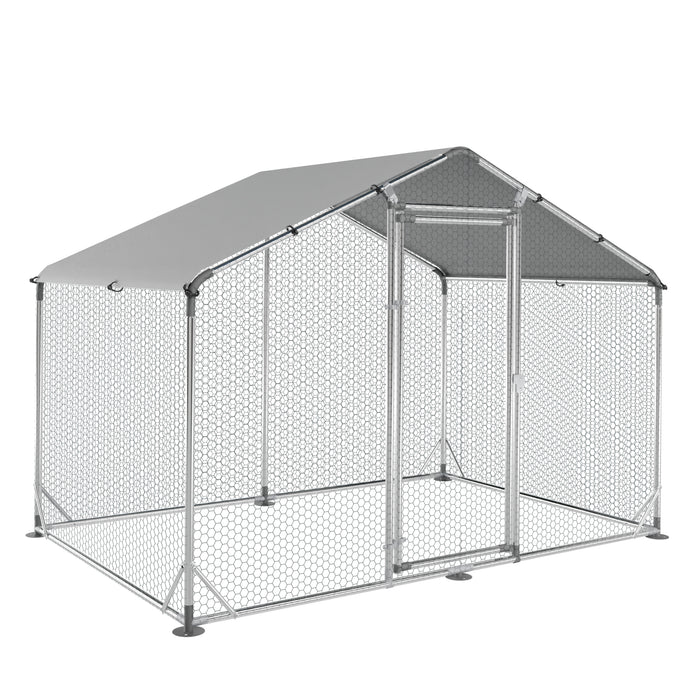





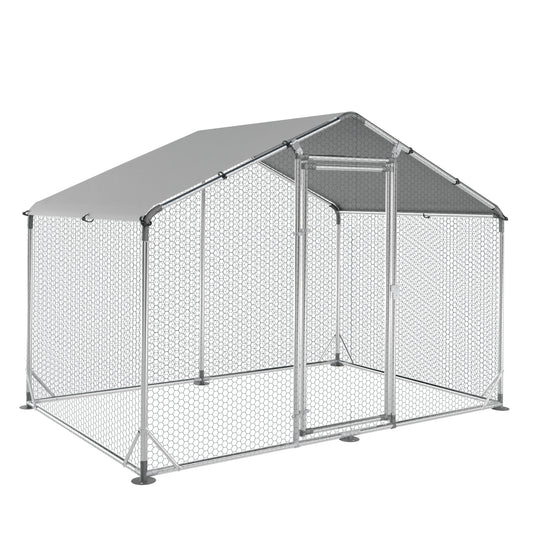
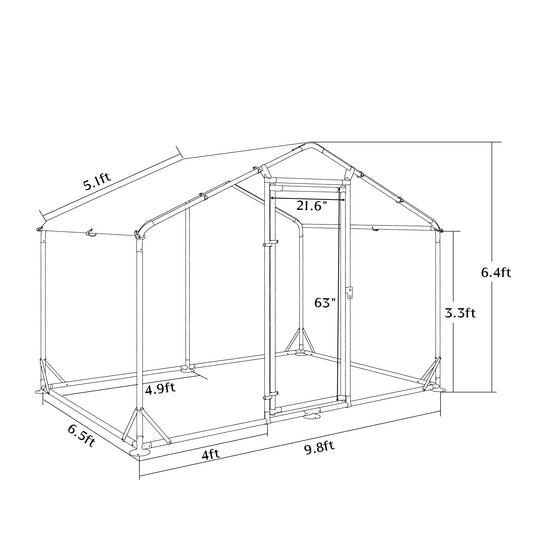
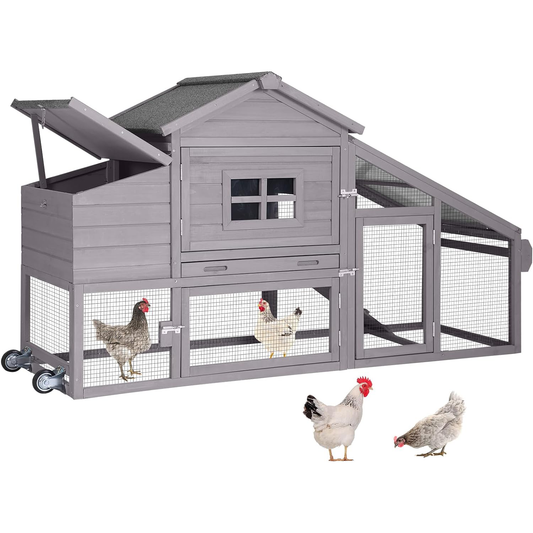

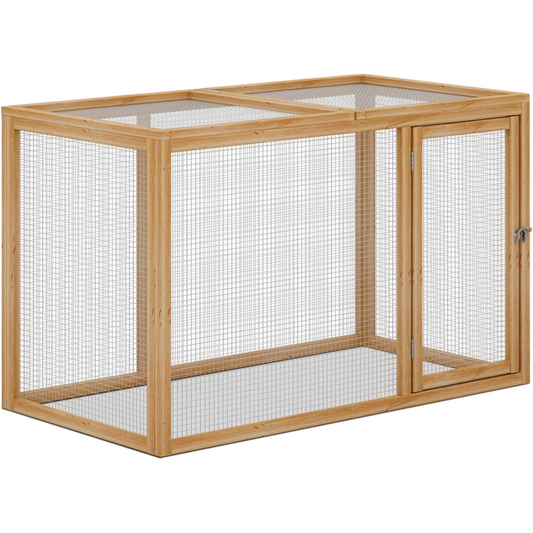
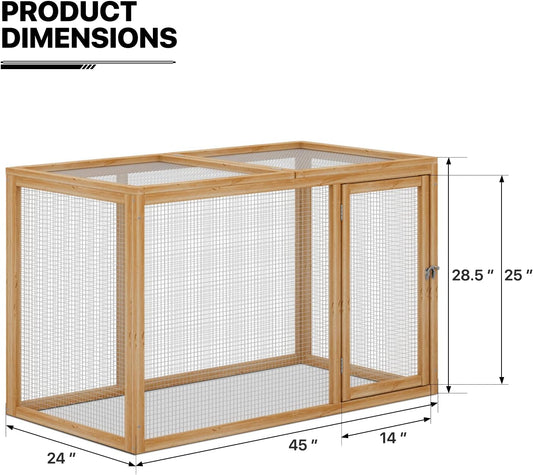
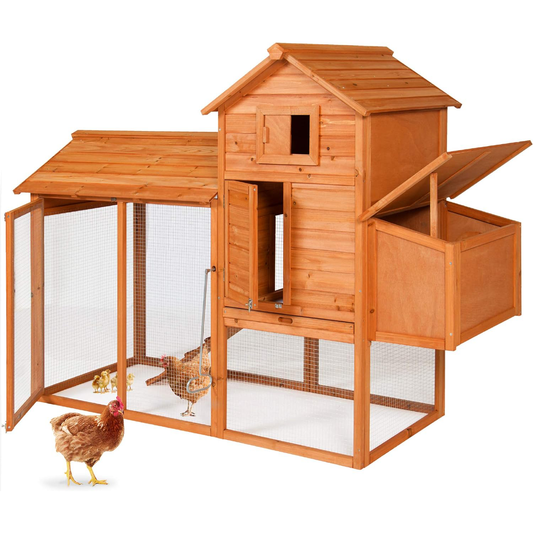
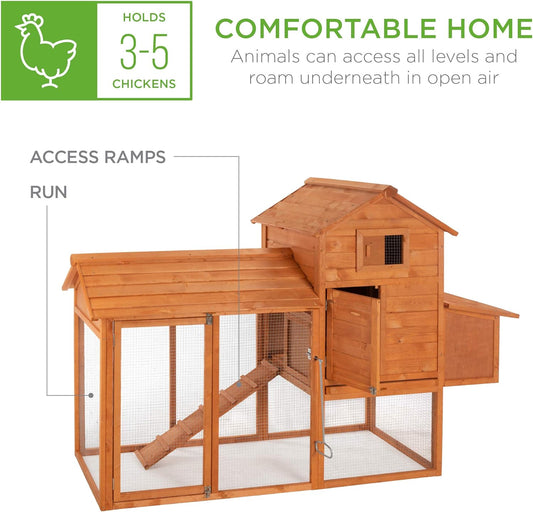
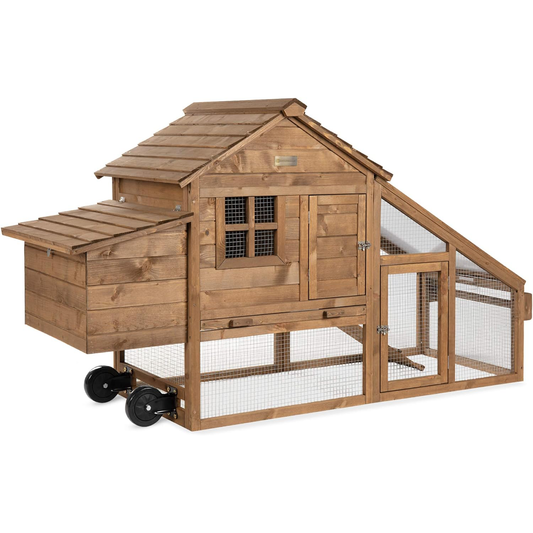
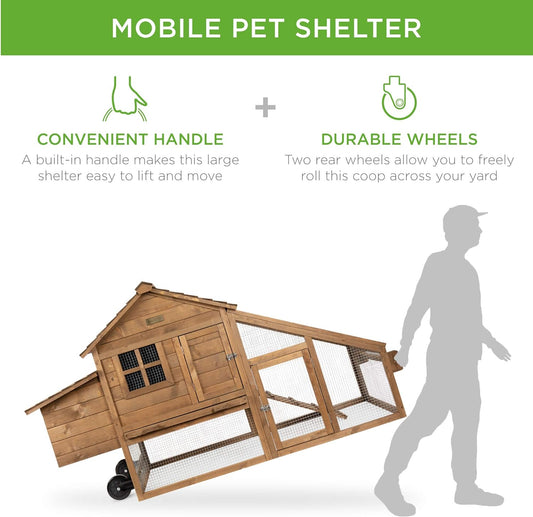
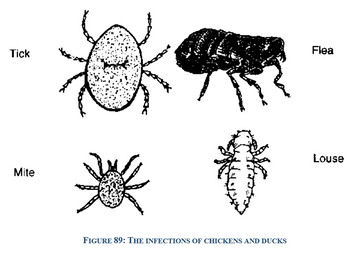
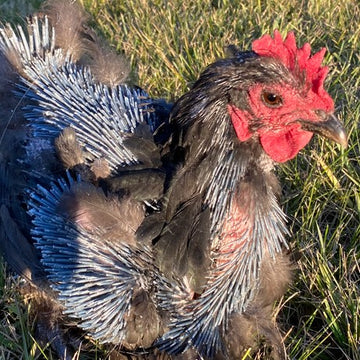

0 comments